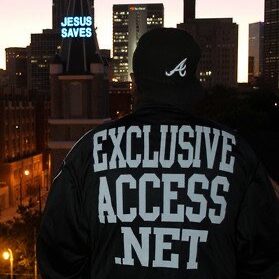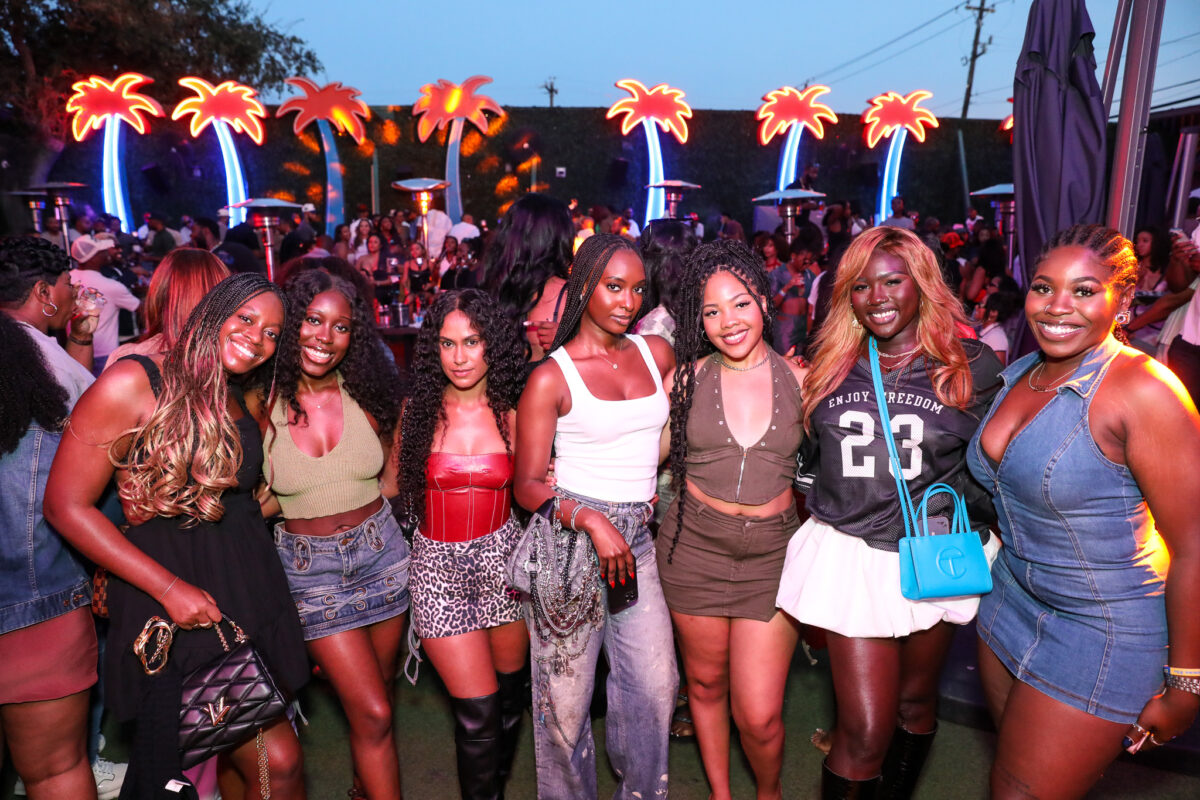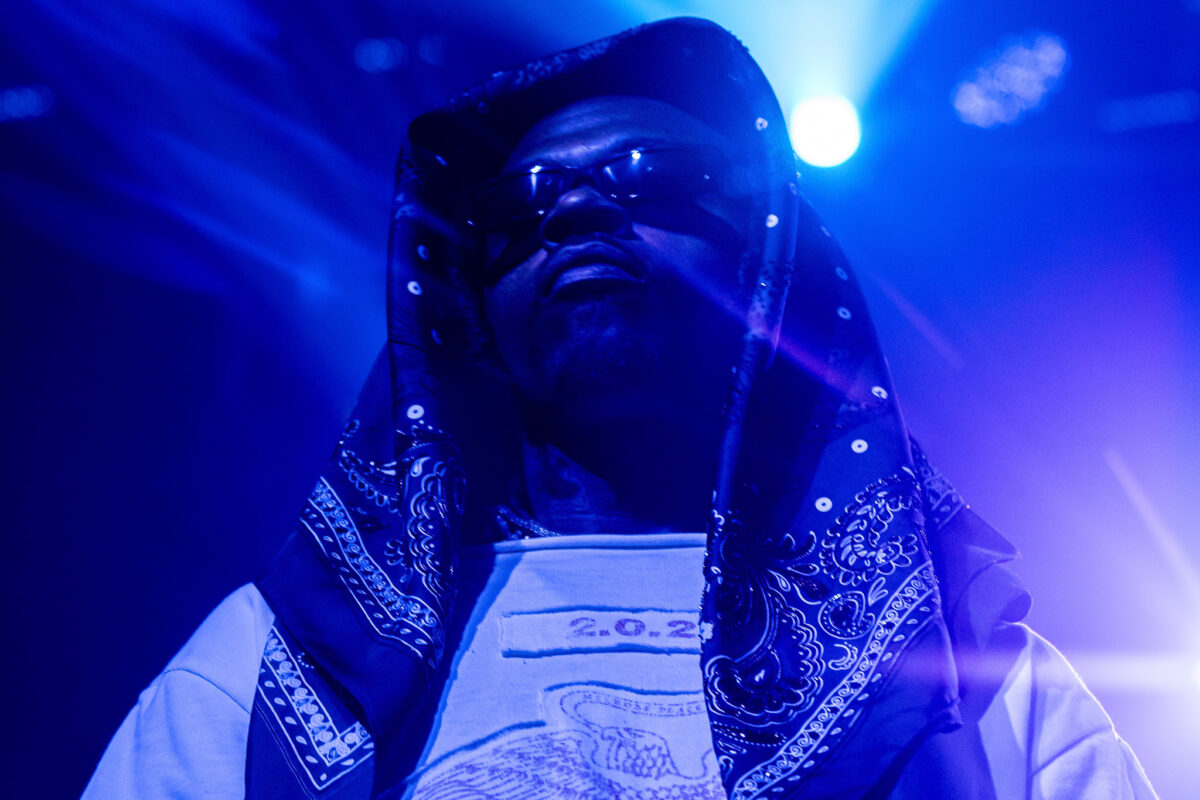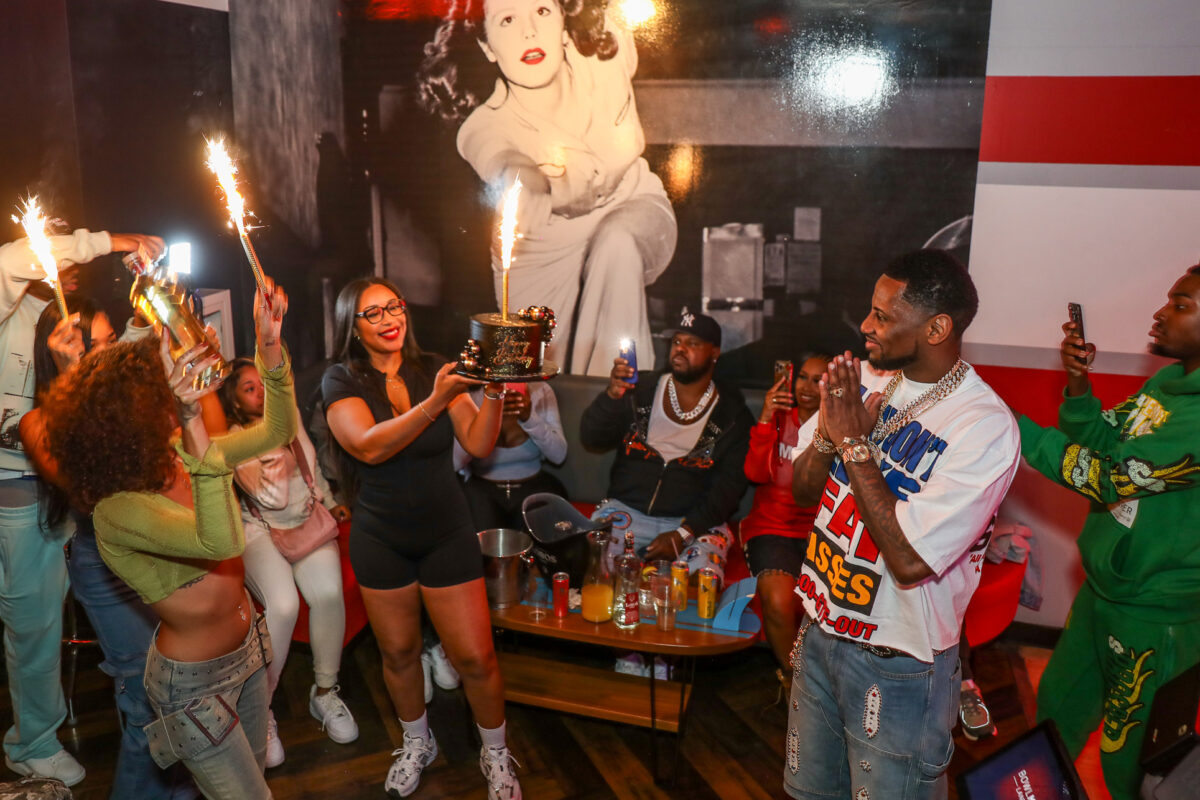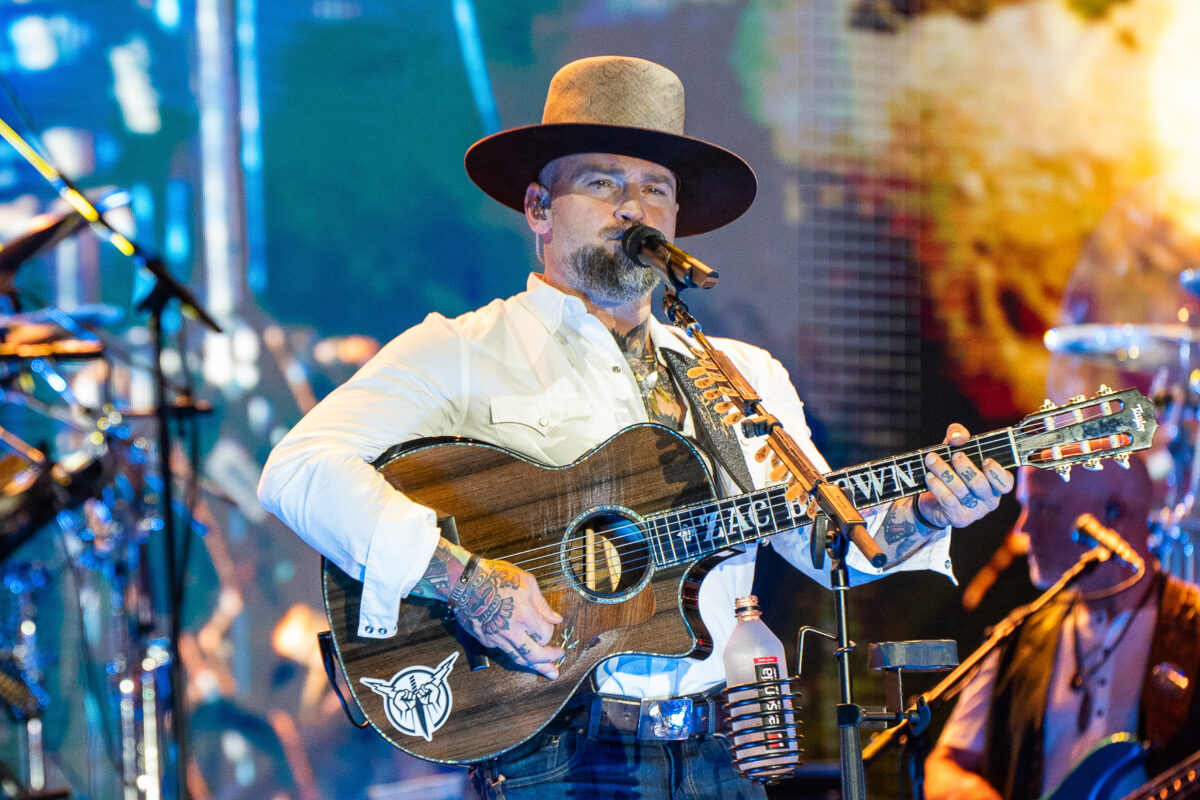At the movies, straightforward storytelling, the kind in which a director and his cast push a story forward in waves of action and feeling, has become so out of fashion it’s almost avant-garde. Moviegoers, it seems, need to be cool: not too moved, not too surprised, not too impressed. We wouldn’t want to be taken in, would we? We know we’ve seen it all before — even when we haven’t.
We haven’t seen a movie like Lee Daniels’ The Butler. The world of mainstream film wasn’t teeming with multigenerational sagas set against the backdrop of the civil rights movement, nor is it rife with movies in which all the white actors — big ones — appear only in supporting roles.
The Butler — a sort of mini-history of late 20th-century black America as seen through the eyes of one longtime White House domestic worker, played by Forest Whitaker — is blunt where it needs to be. Sometimes it’s too didactic or sentimental. But unlike Daniels’ previous pictures, Precious and The Paperboy, it doesn’t pretend to audacious storytelling. Daniels is that rare contemporary filmmaker who’s not afraid of melodrama. The Butler is so old-school it feels modern: Stylistically, it could have been made 30 years ago, but its time is now.
The Butler opens, inauspiciously, with a stiff voiceover: Whitaker’s character, Cecil Gaines, tells the story of his childhood picking cotton in 1920s Georgia. Cecil learns early on that he’s at the mercy of the white folk for whom he and his parents work. The plantation owner’s son (a sociopath played by Alex Pettyfer) first rapes Cecil’s mother (Mariah Carey) and then murders his father (David Banner). As a grudging act of recompense — you’d hardly call it kindness — the family matriarch (played unflinchingly by Vanessa Redgrave) invites Cecil into the big house to train as a domestic servant, though that’s not the phrase she actually uses.
The invitation changes Cecil’s life. He learns good manners and discretion, qualities that serve him well when he eventually becomes a waiter at a swanky hotel (Clarence Williams III is the supervisor who gives him his big break) and later earns a slot as a butler at the White House, where he serves under eight presidents, beginning with Robin Williams’ Dwight D. Eisenhower. (Others are played by James Marsden, Liev Schreiber, John Cusack, and Alan Rickman, all impeccably cast; Schreiber’s LBJ is particularly robust, barking orders from the toilet seat as his beagles flop around him like tired minions.) The Butler is adapted from a 2008 Washington Post article by Wil Haygood, detailing the story of real-life White House butler Eugene Allen.
Cecil is happy enough in his line of work, which allows him to ably support his kids and his wife, Gloria (Oprah Winfrey). But his elder son, Louis (David Oyelowo), chafes under the status quo; he first becomes one of the Freedom Riders and later joins the Black Panthers. You could call that a basic generation-gap screenwriting contrivance, or you could call it a smart way to dramatize the turmoil and necessary change brought about by the civil rights movement. It’s both: Cecil may yearn for white people’s respect, but his children understandably want to push for more.
In Precious, the characters were walking symbols for the worst horrors of inner-city life. The Butler puts its characters first. Daniels re-creates some of the most potent and horrific images of the civil rights era, including those of young black protesters being blasted with firehoses. But his approach is, for the most part, more personal than instructional. You can see where everyone is coming from in The Butler, why some characters are afraid to ask for more while others dare to demand it. When Cecil says, in voiceover, “Any white man can kill any of us at any time and not be punished for it,” it’s impossible not to think of Florida today.
There’s something else going on here too. There are more terrific black actors in Hollywood than there are good roles they might actually land. The Butler creates an open, freeing space for lots of these performers. Cuba Gooding Jr., Terrence Howard, Lenny Kravitz, Yaya Alafia: Everybody is good. Whitaker is one of those observant, understated performers who says everything between the lines. His Cecil has spent a lifetime being deferential to white people, but as one character cannily points out, subservience can be quietly subversive.
Winfrey might be the finest of all. You’d think she might turn Gloria into a snoozy role model. Gloria is flawed (she drinks), but Winfrey knows when to go for laughs too — she takes the role seriously without making it self-serious. One night, after she and Cecil have been arguing, Gloria rouses herself from bed — she’s just a bit sozzled — and goes over to her vanity mirror, where she applies a coat of lipstick as meticulously as only a truly angry woman can. She taunts her husband: “I bet you wish I spoke French, just like Jack-ay.” There’s bitterness in that moment, but Winfrey also makes it funny. This is the opposite of great-lady acting — it’s something much better, more vibrant and alive, and whatever The Butler’s flaws may be, Winfrey’s off-the-cuff fortitude is emblematic of its spirit. Daniels has made a proper movie, with all the conventionality that implies, yet it’s progressive in its heart. Sometimes the best way to fight the power is to bend it to your will.

